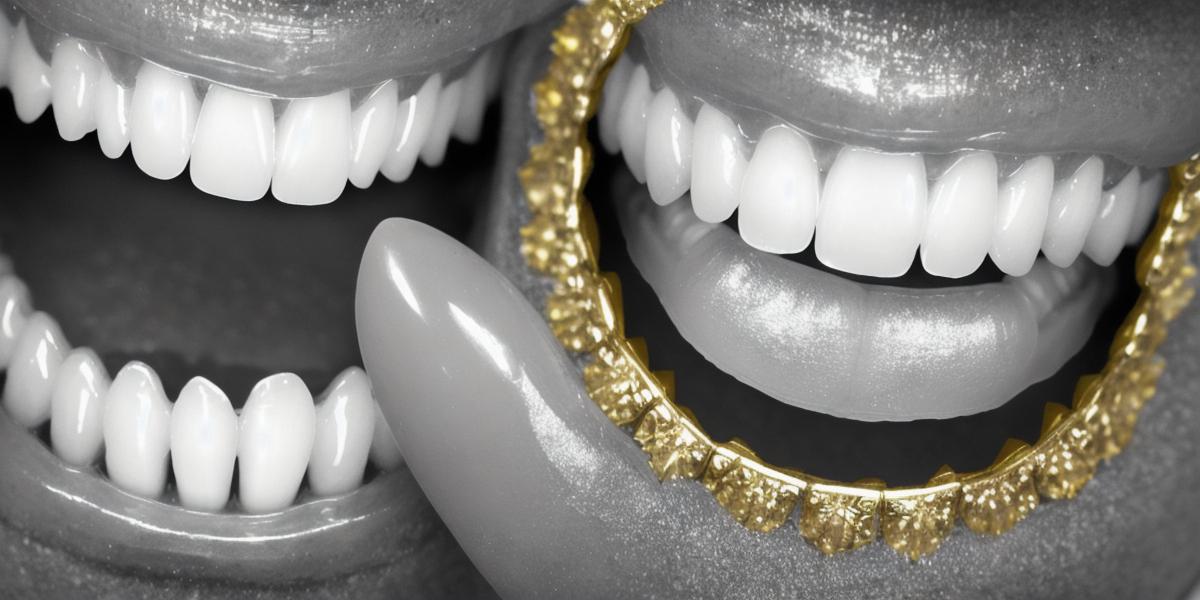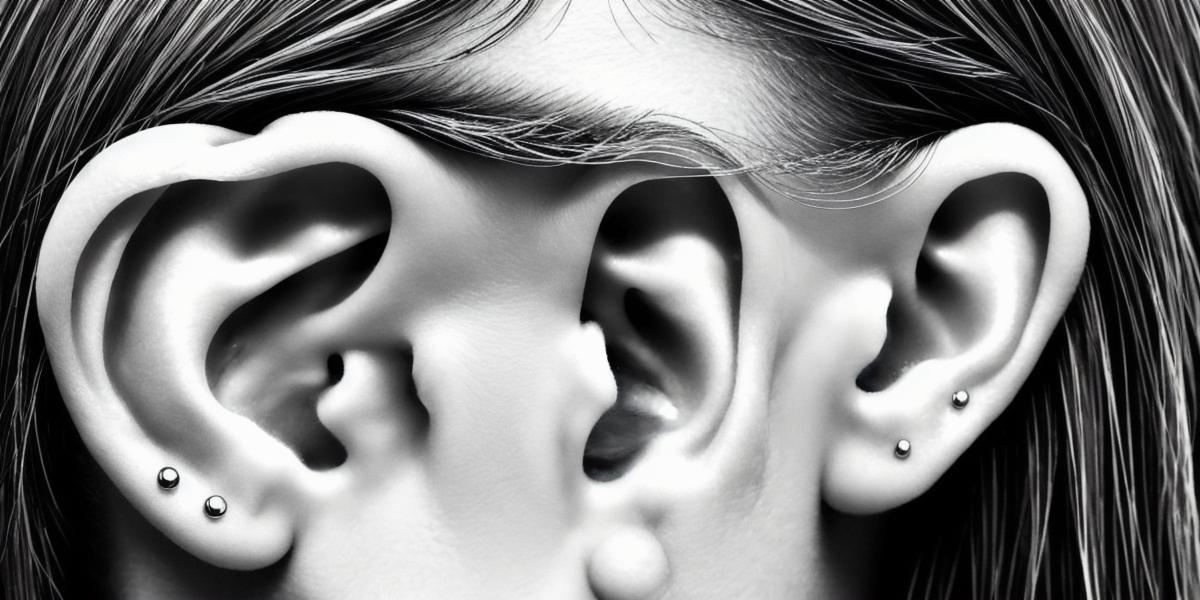Introduction:
Root canal treatment is often recommended when a tooth has become infected or damaged, and it can help save the tooth from extraction. However, after a root canal procedure, many people are left wondering if they need a crown. In this article, we will explore whether a crown is necessary after a root canal procedure and provide tips on how to protect your tooth from damage.
The Importance of Root Canal Treatment:
Root canal treatment is an essential dental procedure that can save a tooth from extraction. During the procedure, the dentist removes the damaged or infected pulp from the tooth’s inner chamber, then fills the space with a special material to prevent further infection. However, root canal treatment alone may not be enough to protect the tooth from damage.
Do I Need a Crown After a Root Canal?
A crown is a protective cap that covers the top of a tooth after it has been treated with a root canal. While a crown is not always necessary after a root canal procedure, it can help prevent further damage to the tooth and improve its overall appearance. In some cases, a crown may be recommended if:
- The Tooth Has Sustained Significant Damage: If your tooth has sustained significant damage during the root canal process or beforehand, a crown may be necessary to protect it from further damage.
- The Root Canal Has Failed: In some cases, the root canal treatment may fail due to an underlying issue with the tooth or the surrounding tissue. A crown can help protect the tooth and prevent further damage until additional treatments are possible.
- The Tooth’s Appearance is a Concern: A crown can improve the appearance of a treated tooth by restoring its shape, size, and color. This can be especially important for people who want to maintain a natural-looking smile.
Tips for Protecting Your Tooth After a Root Canal Procedure:
In addition to getting a crown if necessary, there are several other ways to protect your tooth after a root canal procedure. Here are some tips to help you keep your tooth in good condition:
- Brush and Floss Regularly: Brushing and flossing regularly can help prevent plaque buildup on the teeth and gums, which can lead to further damage to the tooth.

- Avoid Hard or Sticky Foods: Hard or sticky foods can put extra stress on the tooth, increasing the risk of fracture or damage. It’s best to avoid these foods until you have had a crown placed on your tooth.
- Use Fluoride Toothpaste: Fluoride toothpaste can help harden the tooth enamel, making it more resistant to decay and damage.
- Schedule Regular Dental Checkups: Regular dental checkups can help detect any issues with your tooth early on, preventing further damage or the need for additional treatments.
- Consider Other Treatment Options: If a crown is not necessary after your root canal treatment, your dentist may recommend other treatment options such as bonding or veneers to improve the appearance of your tooth.
Summary:
In conclusion, whether a crown is necessary after a root canal procedure depends on several factors. In some cases, a crown may be recommended to protect the tooth from further damage and improve its appearance. However, by following proper oral care habits and avoiding hard or sticky foods, you can help protect your tooth and maintain good oral health. Remember, it’s always best to consult with your dentist after a root canal procedure to determine the best course of action for your individual needs.



